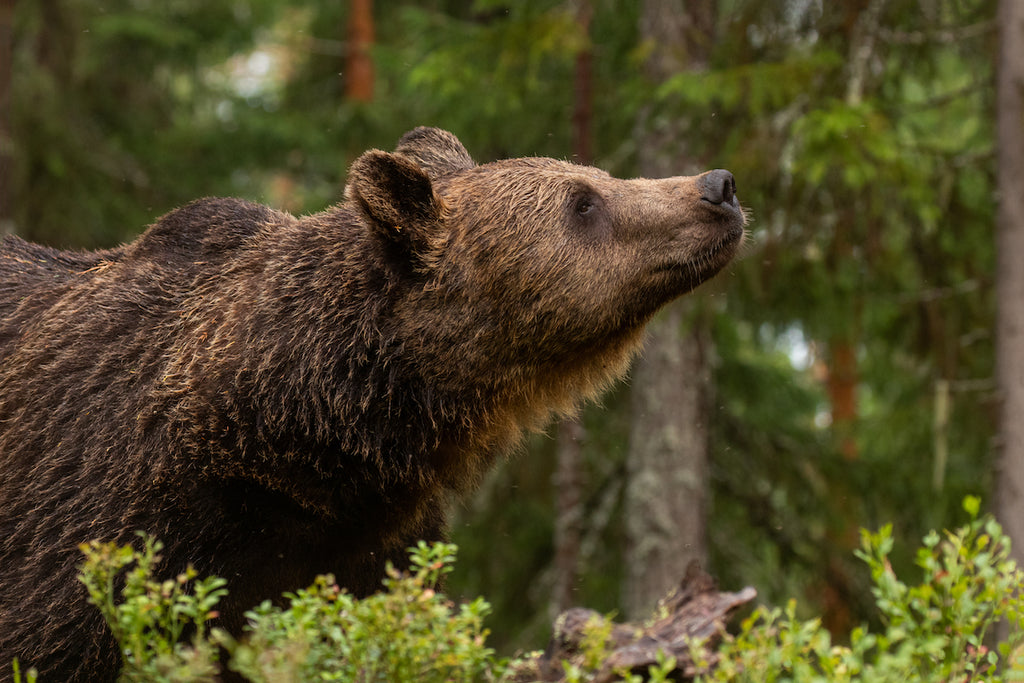Understanding Bears’ Attraction to Trash
Posted by Securr Blogger on
Bears and trash seem to have an undeniable connection - and it’s one that often leads to trouble. But why are bears so attracted to our garbage? The answer lies in their natural instincts and the psychology behind their behavior. Let’s take a closer look.
They are both curious and hungry
Bears are inherently curious creatures, constantly exploring their surroundings. When they stumble upon a garbage can or dumpster, their curiosity takes over. They see it as an opportunity to investigate new scents and textures, hoping to find something tasty. Their powerful sense of smell, which is seven times stronger than a bloodhound's, allows them to detect food sources from great distances.
They love junk food as much as humans do
Trash often contains leftover food scraps, which can be highly appealing to bears. Like humans, bears have a sweet tooth and are drawn to high-calorie foods. The easy accessibility of our discarded food creates a junk food paradise for bears. It's like finding a buffet filled with irresistible treats: discarded fruit, meat, and even sugary snacks like cookies or candy.
They learn quickly
Bears are quick learners, and they associate the smell of trash with a potential food source. Once they have discovered that garbage cans can yield a reward, they become more likely to revisit those locations in search of more food. This learned behavior can lead to frequent encounters between bears and humans, resulting in conflicts. Bears remember the smell of trash and may return to the same neighborhoods repeatedly, causing property damage and putting themselves at risk.
How to break the cycle
To reduce bear-human conflicts, it's crucial that we understand and address the psychology behind their attraction to trash. Proper waste management is key, which includes secure trash containers and bear-resistant dumpsters. By minimizing the availability of food in the garbage, we can discourage bears from seeking out these food sources. Implementing strict regulations for waste disposal and enforcing fines for improper disposal can also be effective deterrents.
Learning to coexist means shifting our behavior
Ultimately, coexistence between humans and bears requires a shift in our behavior. It's essential to recognize that bears are not seeking conflict but are simply following their instincts. By taking responsibility for our trash and respecting bear habitats, we can foster a safer environment for both humans and these majestic creatures. This includes not only securing trash containers but also properly storing food, keeping bird feeders inaccessible to bears, and being cautious when camping or hiking in bear-populated areas. Education and awareness programs can help spread the message of responsible coexistence, ensuring the long-term conservation of bear populations.
Contact BearSaver today
If you’d like more information about BearSaver products and how they can help you, then contact us at 800-851-3887 or sales@bearsaver.com. Our Customer Service Representatives are eager to answer all your questions and help you make the right decision with confidence. Contact us today!

